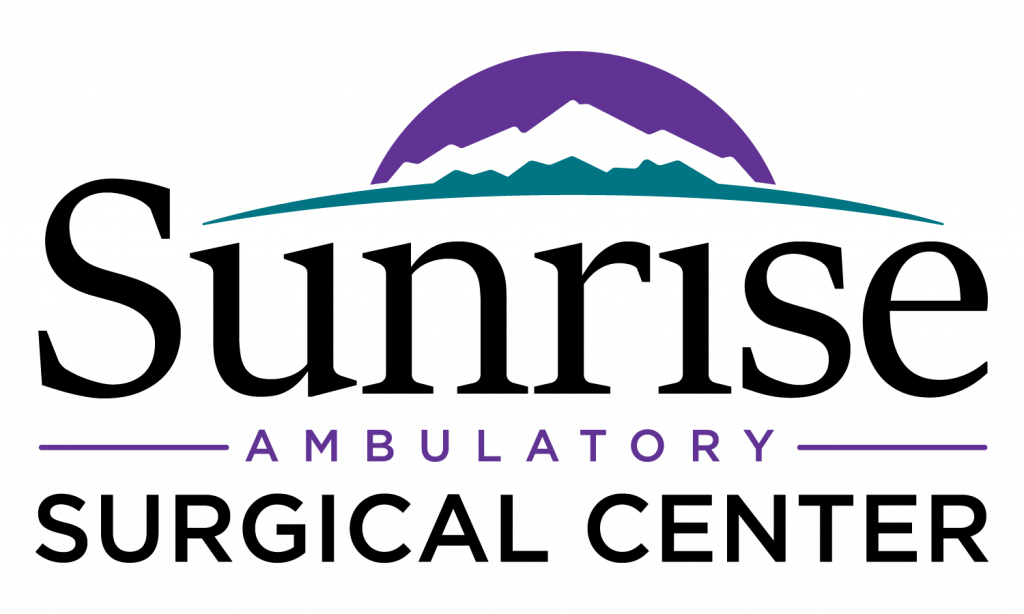Bile Duct Disorders
Bile is created by the liver to aid with digestion. It is stored in the gallbladder until it is needed to digest fat. When the bile is needed, the gallbladder pushes it into the bile ducts, which then carry it to the small intestine.
Problems arise when blockages occur in the bile duct. Gallstones, hard, pebble-like deposits that form when materials in the bile harden, are the most common cause of blocked ducts. Cancer, infection and scar tissue may also result in blocked ducts.
Symptoms of blocked ducts include nausea, vomiting, abdominal or back pain and occasionally jaundice. The most common treatment is to remove the gallbladder, an organ you can live without. Blocked bile ducts can lead to liver failure, an organ you can’t live without, so it is imperative to seek medical treatment immediately.
